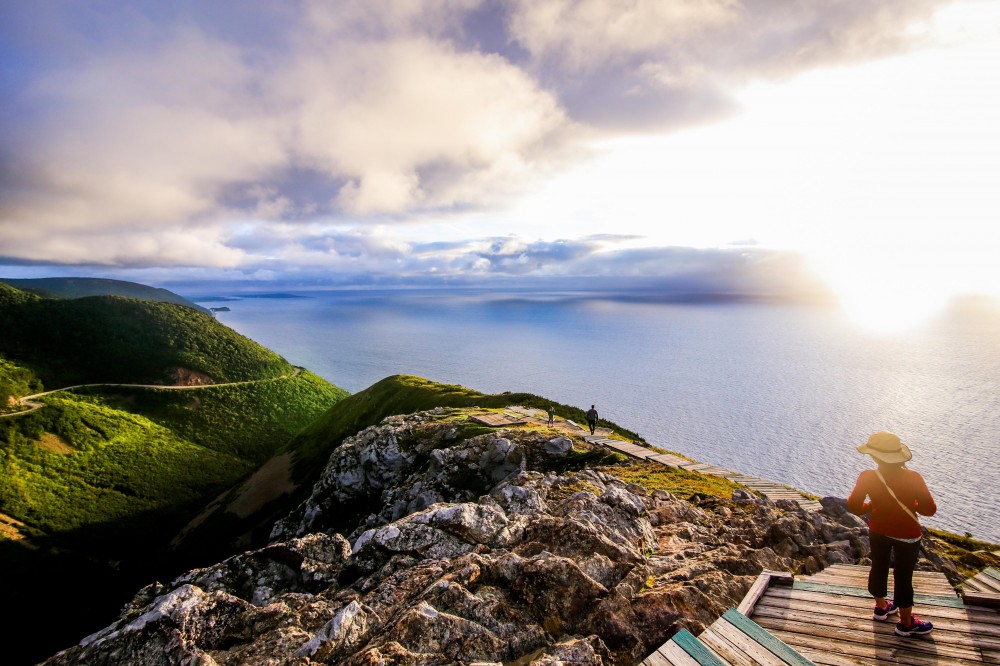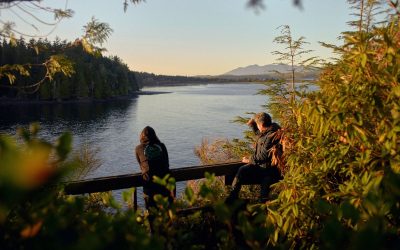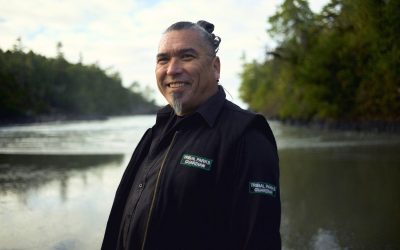Destination Cape Breton Association (DCBA) may look back on 2016 as a banner year. Visitation is increasing, new developments are in place, and the surprising “Trump Bump” campaign has drawn international (and particularly U.S.) interest to Cape Breton Island, located in Nova Scotia, Canada. Thanks to the unprecedented attention, the organization is receiving more inquiries than it can typically handle from potential visitors.
We asked CEO Mary Tulle of DCBA about the challenges and opportunities she’s seen recently, and how this agile destination marketing organization (DMO) might evolve next.
Destination Think: According to recent reports and widespread media attention, Cape Breton is experiencing a strong tourism season. What do you attribute that success to and what role did DCBA play?
Mary Tulle: Destination Cape Breton has been a DMO for six years. We have spent the past six years asking one question: “Why are they coming?” Knowing “why” leads you to be able to define “who”. “Who,” for DCBA, was defined by a visitor that fits within a common geographic, demographic and psychographic. We have lived by this continuum of research that will drive product development that in turn, will drive our marketing.
That said, I believe 2016 was the year that we were completely market-ready with an experiential product offering from our industry. We knew where we were marketing, both traditional and online, and we knew we had become a very HOT destination with our new and existing world-class golf courses. And then came the very unplanned and unexpected Trump Bump on February 15. This has given Cape Breton an unprecedented amount of attention and a profile that I believe is absolutely influencing new visitation.
Given this year’s exciting successes and opportunities, how will Destination Cape Breton seek to maintain that momentum? What major challenges will the DMO need to face over the next few years to sustain healthy tourism growth for the region?

Mary Tulle – CEO, Destination Cape Breton
To maintain momentum we will need to clearly capitalize on our new web traffic and execute effective retargeting and lookalike campaigns based on our visitor type and individual interests. I believe our major challenges in the coming few years will be strained capacity and limited air access.
The sharing economy is obviously also significantly shifting the tourism landscape. For me personally, what is important is to understand the economic impact that the sharing economy generates, to help support business cases that need to be built to support future development.
As you try to overcome these challenges, do you see the role of your DMO or other DMOs changing within the travel industry over the next five to ten years?
I absolutely see our DMO changing. For me personally, I am outside the operations of DCBA more than ever before. I spend far more time today being involved with high-level strategic discussions, with hard infrastructure development for Cape Breton being the key topic of conversation. I feel that Cape Breton has evolved from being in the tourism industry to being a true tourism destination. With this evolution comes a new level of involvement with investors and all levels of government.
Will that evolution impact your organizational structure and capabilities, and if so, can you describe how things might change for you as an organization?
The last six months have given us a taste of how a major focus on our destination can have an impact. What I see as being critical now is an alignment of all partners who are involved with economic development to allow Cape Breton to continue and enhance its evolution into a true tourism destination. Each partner must clearly understand how the concentric circle is critical to overall growth of any destination. This in large part has been what has shifted me from inside DCBA on a day-to-day basis to be connected far more outside our walls with our economic development and government partners.
You’ll be participating in a global gathering of leading destination marketers at Forum in New York City this October. If you could come away from that event having solved or addressed one problem for your destination, what would it be?
As a region of a province, we are supposed to fall within the provincial tourism strategy. While this may support a portion of what we do, we more often than not put forth our efforts as if we were our own province and sometimes even our own country. I would be thrilled to see how other “regions” of provinces or states have influenced government to allow them to have direct support for their destination, separate from their designated provincial/state tourism organization.
Meet and collaborate with Destination Cape Breton and other destinations like them at Destination Think Forum, an exclusive, one-of-a-kind event for the world’s leading destination marketers. Join your colleagues in New York City on October 13-14, 2016, as we collaborate to solve our greatest challenges. Click here. Apply now.
Featured image credit: Destination Cape Breton Association









0 Comments